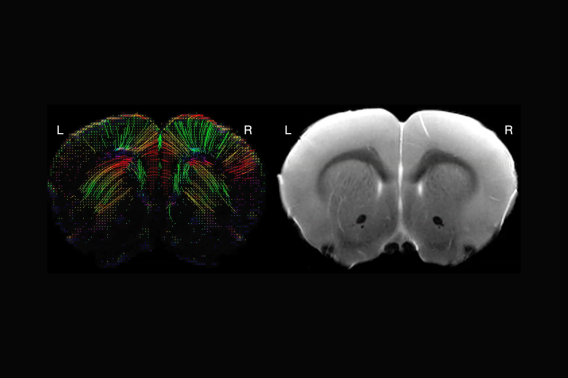Project Summary
Pediatric high-grade gliomas (pHGGs) carry a poor prognosis with limited therapeutic options. This is in part due to the highly invasive behavior of malignant glioma cells, which infiltrate into normal brain parenchyma where they are inaccessible to surgical intervention and are poised to drive tumor recurrences. Recently, mitogen-activated protein kinase 4 (MAP4K4) has been implicated in the growth and metastatic potential of several cancer types and found to serve as a negative prognostic indicator in colorectal, hepatocellular, pancreatic, lung and prostate cancer. Downregulating MAP4K4 in several cancer types including medulloblastoma and glioblastoma inhibits invasion and enhances chemotherapy sensitivity. We hypothesize that the MAP4K4 pathway contributes to pHGG invasion. To test this hypothesis, we will pursue the following aims: 1) Is MAP4K4 necessary for tumor-cell invasion in pHGG and 2) whether MAP4K4 inhibition reduces tumor cell invasion and prolongs survival in orthotopic mouse models of pHGG. We will incorporate methods such as CRISPR screening, in vitro invasion assays, and preclinical tumor modeling to measure tumor cell invasion in both in vitro and in vivo neural microenvironments following inhibition or genetic manipulation of MAP4K4 and related pathways. Our team and collaborators include experts in CRISPR/Cas9 technology to genetically probe molecular pathways (Michael Bassik, PhD) as well as leaders in neuro-oncology, xenograft mouse modeling of high-grade gliomas, and development of new therapies for childhood brain tumors (Michelle Monje, MD, PhD). The long-term goal of the proposed project is to identify new druggable targets to inhibit tumor cell invasion in pHGG.
Project Details
Award Year:
2024
Lead Researcher(s):
